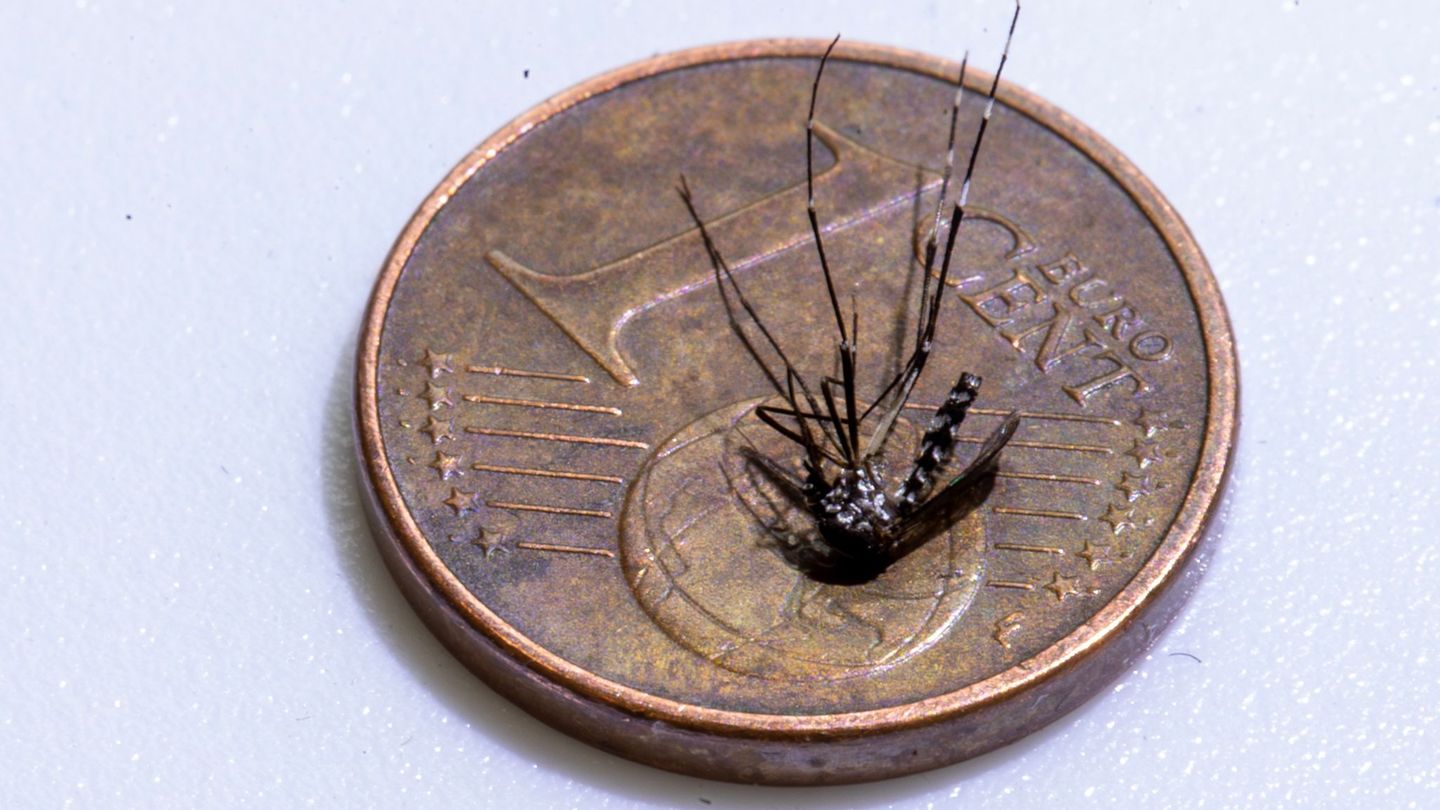Image: Photo: Private/Wakolbinger
Criminal law practice consists not only of pink file covers and red and yellow law books, but also of fates, shades of gray, and the individual stories of the victims and perpetrators. Crime concerns the legal profession as well as psychiatry, social workers and educators. The “interdisciplinary criminal policy working group” founded in Linz 50 years ago wants to carry out networking work at these interfaces in order to enable interdisciplinary exchange and identify solutions. On Tuesday evening the working group celebrated its anniversary in the Redoutensäle in Linz. State Governor Thomas Stelzer and Bishop Manfred Scheuer were also among the guests of honor.
The interdisciplinarity of the working group is demonstrated by the fact that more than 200 people from 35 different institutions came to the ceremony in the Redoutensäle in Linz, said former senior public prosecutor Brigitte Loderbauer, welcoming the audience; she has led the working group for 20 years.
It was founded in 1973, before the major criminal law reform in 1975, by the Linz public prosecutor Siegfried Sittenthaler and the legal scholar Walter Hauptmann. The occasion was a sad one: the murder of a seven-year-old girl in Linz, committed by a mentally ill perpetrator. From the beginning, the question arose in the case as to how the justice system and psychiatry should deal with “mentally abnormal people”.
Since then, the working group has organized a number of discussions, excursions and specialist lectures and has repeatedly addressed socio-politically sensitive issues, such as dealing with juvenile crime, migration, violence and homelessness.
In 1974, the topic of “childhood influences and crime” was addressed, and in 1986 there was a talk about “computer crime,” said Paul Grünbacher, chairman of the St. Severin Forum. The Catholic Academic Association supports the criminal policy working group in its organization and provides event rooms and an office. “The working group has no budget, no building, but it still thrives as a lively, interdisciplinary communication forum,” praised Grünbacher. The ceremony was financed with the kind support of Governor Stelzer.
For Erich Dietachmair, President of the Linz Higher Regional Court, and Friedrich Hintersteininger, Head of the Linz Public Prosecutor’s Office, the ceremony was a must, as was the police lawyer Rudolf Keplinger, the deputy Upper Austrian state police director. Linz criminal law professor Alois Birklbauer has also been supporting the criminal policy working group for years.
SP local councilor Roland Baumann represented the mayor of Linz, Klaus Luger, who was unable to attend. “The focus is on people with all their needs, protection from violence and “victim protection-oriented work with perpetrators,” he said.
“80 years ago, human dignity was trampled on, the law was perverted,” said Diocesan Bishop Manfred Scheuer. Deportations and the murder of so-called “inferior races” and people with disabilities “were part of everyday life,” said the theologian. “The state and organized crime had become identical.” Scheuer recalled the murder of Dietrich Bonhoeffer in 1945. “Freedom, law and the rule of law need a good memory, otherwise they will be replaced.” The working group has always “provided service to a just society,” said the bishop and thanked Loderbauer and her team.
The governor emphasized that it was “an honor and pleasure” for him to celebrate the ceremony on the premises of the state of Upper Austria. The fact that the working group has “functioned so sustainably for 50 years is truly remarkable.” The impulses are important because parliament should “be able to rely on knowledge and competent personalities” in the legislative process. Good application of the law can be achieved “with a broad overall view.”
The fact that the judiciary is now increasingly being used “as a stage for political disputes” is “not a good development,” said Stelzer. “Stable and reliable jurisprudence” is an important factor for the business location. Institutions like the interdisciplinary working group “ensure cooperation in times like these,” said the state governor.
On Tuesday evening, section head Alexander Pirker came to Linz on behalf of Justice Minister Alma Zadic to give greetings. The working group has “always kept its finger on the pulse of the times and has enabled an exchange between the judiciary, the penal system, the executive, social work and medicine, thereby enabling the further development of preventative measures. “The whole of society benefits from this.” Only through a common discourse, for example about the topic of violence against women, society could succeed in further developing, said the section head.
My themes
For your saved topics were
new articles found.

info By clicking on the icon you can add the keyword to your topics.
info
By clicking on the icon you open your “my topics” page. They have of 15 keywords saved and would have to remove keywords.
info By clicking on the icon you can remove the keyword from your topics.
Add the topic to your topics.
Source: Nachrichten




